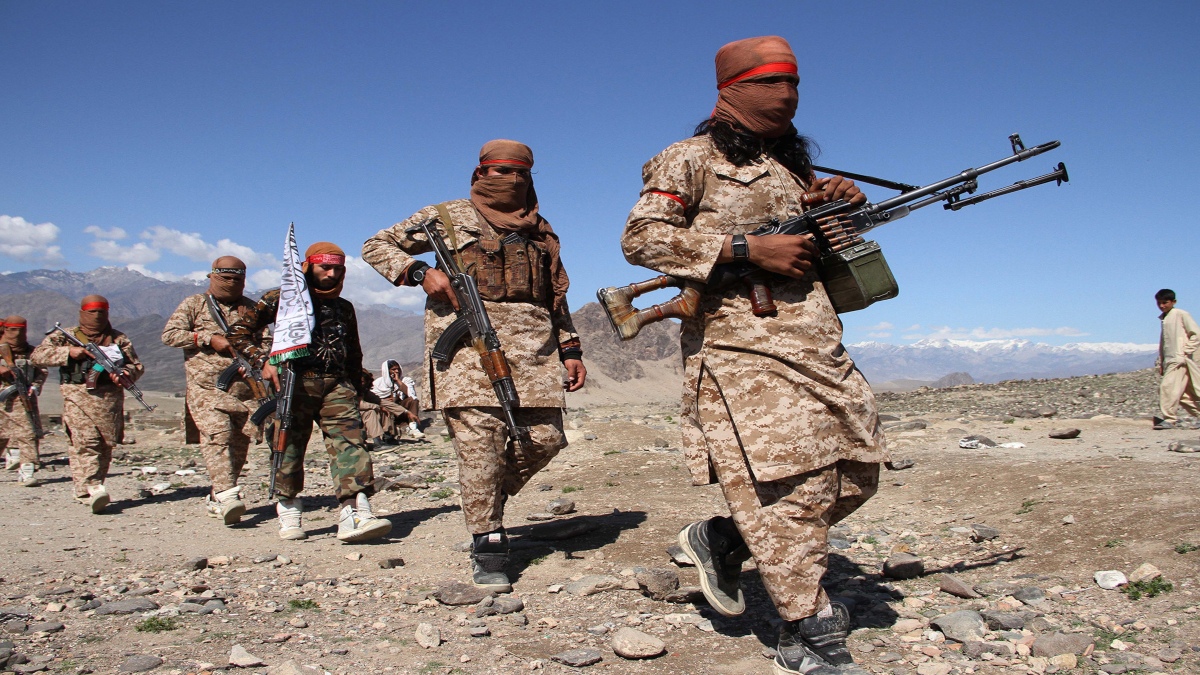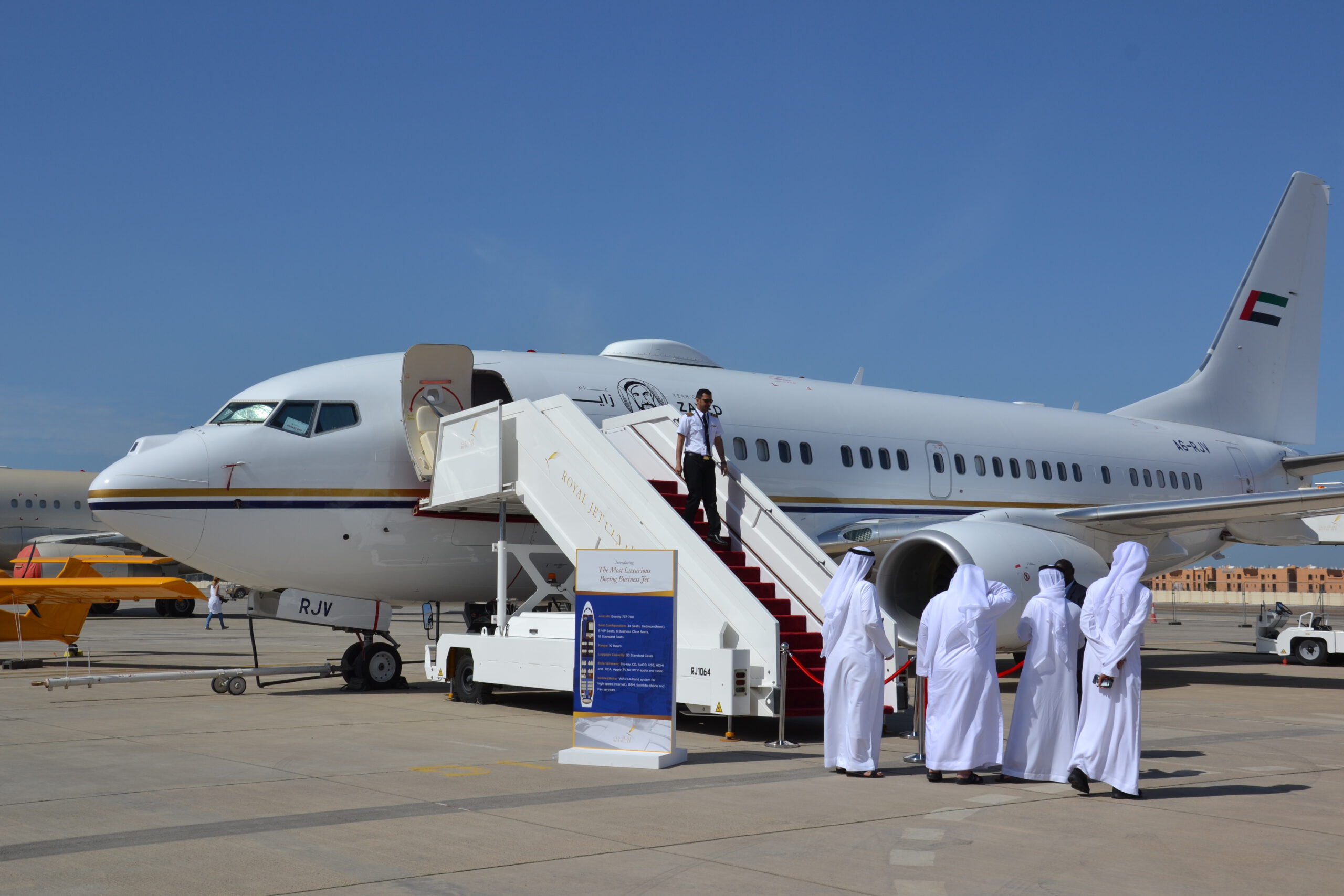
With the Taliban entering Kabul and President Ashraf Ghani leaving the city reportedly for Tajikistan, the situation in Afghanistan has become “extremely fluid, chaotic and dangerous”. Amid the reports of the Taliban being on the verge of grabbing power in Afghanistan, India started working on a two-fold strategy. One, as a contingency plan Delhi has launched a massive mission to evacuate its nationals and diplomatic staff from war-torn Kabul. Second, India is also rapidly working on a plan to prevent the fallout of the entire development on its interest.
Top MEA sources told The Daily Guardian, External Affairs Minister S. Jaishankar held a meeting of high level diplomatic and strategic officials on Saturday and Sunday, during which a comprehensive plan to safeguard Indian nationals and country’s interest was discussed. NSA Ajit Doval has also held a strategic session with security and diplomatic officials to assess the Afghanistan situation.
Sources say that Jaishankar has reiterated that India will not accept imposition of power in Kabul by force. “What is happening in Afghanistan post US troops withdrawal has actually confirmed India’s worst fears,” says an official.
He said that India has prepared an evacuation plan, and it has started implementing it, given the threat perception to its nationals living in Afghanistan. As part of the plan, Air India operated a commercial flight that evacuated 129 passengers.
Sources say that a similar flight will leave for Kabul on Monday morning to continue the process of evacuation of the Indian nationals stuck in the Afghan capital. According to sources, the Ministry of External Affairs (MEA) is yet to take a call on the functioning of the Indian embassy in Kabul in view of the Taliban’s entry in the Afghan capital. Scaling down operations in the Embassy immediately is one the points discussed in a meeting at South Block which was also attended by Doval.
“The government is closely monitoring the fast-paced developments in Afghanistan. We will not put the lives of our staff at the Indian embassy in Kabul at any risk,” said a diplomat.
As regards India’s strategy to prevent the fallout of all this in its interest, the situation will be tackled with more intensive diplomatic and strategic efforts. India will be working with the global community on what is going to be put in place as a strategy to deal with the emerging situation. Jaishankar is reported to have had a detailed discussion on this with security, strategic and diplomatic officials. Significantly, Jaishankar is leaving for New York early Monday morning to chair the United Nations Security Council (UNSC) special sessions on terrorism and peacekeeping on August 18 and 19. India is president of UNSC for this month.
The EAM’s session on peacekeeping will be centred on securing the peacekeepers through a new application. According to an official, the meeting on terrorism at the UNSC will be important in the context of rise of Taliban in Afghanistan and the umbrella it provides to global terrorist groups based in Pakistan. Moreover, Jaishankar will give impetus to India’s diplomatic campaign to rope in global powers in a more effective way in terms of what can be done to deal with the emerging Afghan situation. “India would also be closely watching how the world community, especially the USA is reacting to the Taliban surge,” says a diplomat. US Secretary of State Antony Blinken during his India visit had assured that even if the US troops are leaving Afghanistan, the country will remain on Washington’s radar. Jaishankar will use his New York visit to remind the Biden administration of the same, sources said.
India’s concerns in Afghanistan are not merely its investments in the development of the war-torn country, but that Afghanistan could potentially develop into a safe sanctuary for anti-India terrorists as well. There is evidence in India’s possession of Lashkar-e-Taiba terrorists being active in Afghanistan. The world should not forget that Pakistan was among the first countries to recognise the Taliban regime when it came to power in the 1990s. Again, Pakistan has been widely seen to be supportive of the Taliban’s surge in Afghanistan.
Meanwhile, European countries like Denmark, Norway and the Netherlands have decided to close their embassies, while others like Finland and Sweden are scaling back the presence of their diplomats. Germany and France have also begun to fly out their staff from Afghanistan. India believes that diplomatic steps such as these may create some pressure on the Taliban which might be seeking recognition after forcibly taking over the political power in Kabul.















